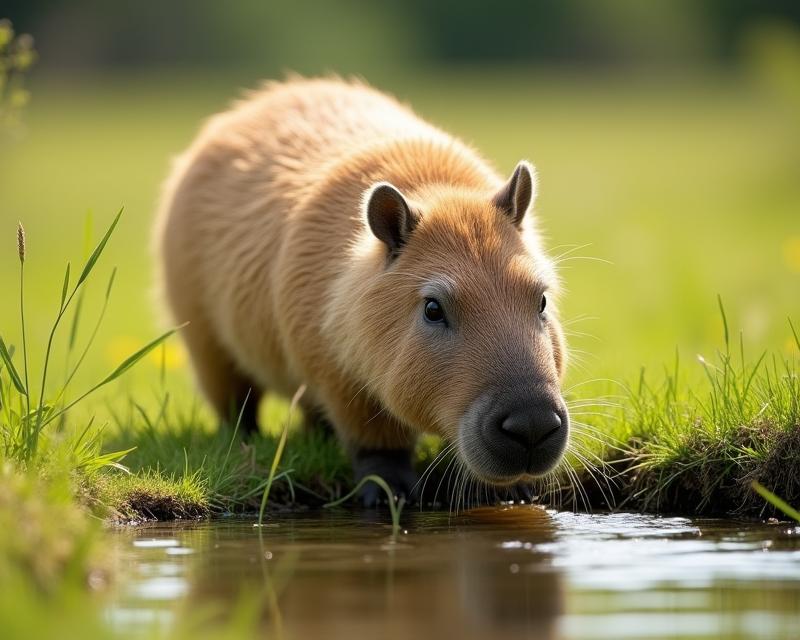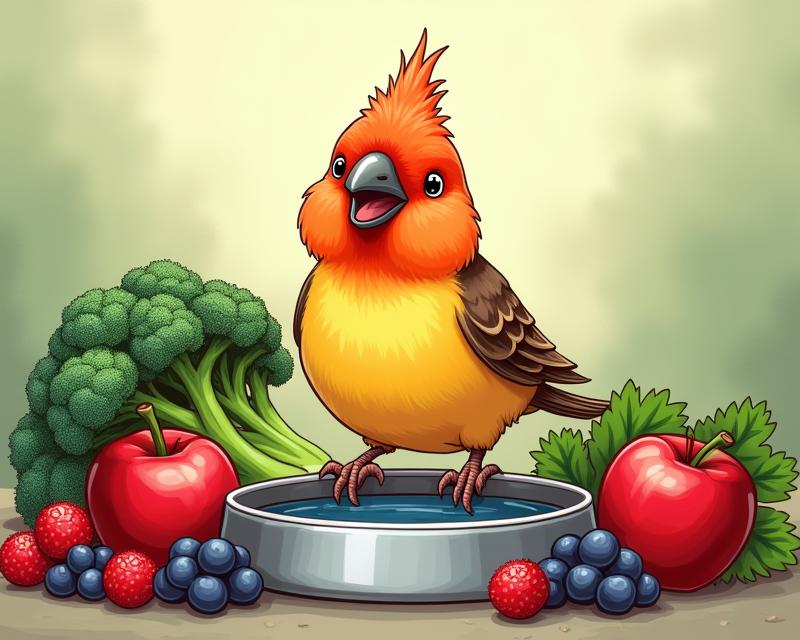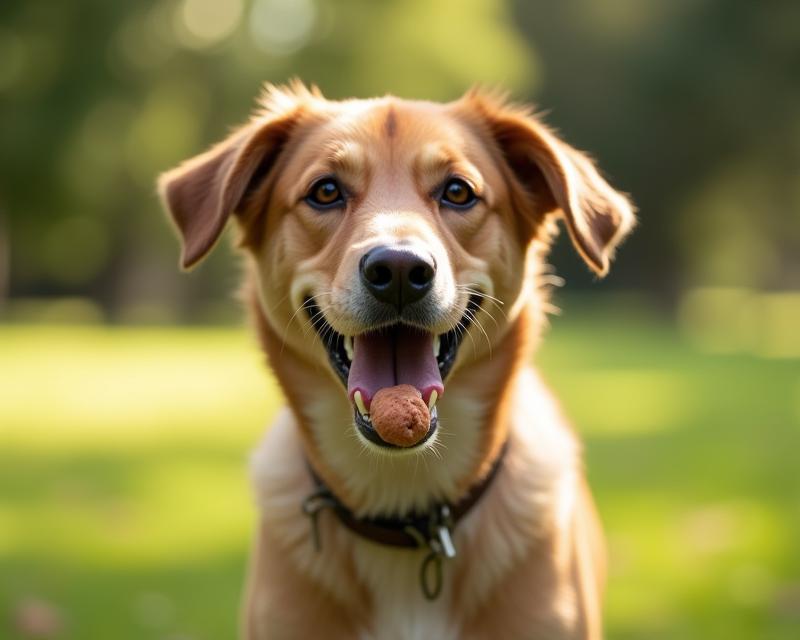Capybara Diet: What to Feed Your Rodent Friend
Publish in Food el 29/06/2025 16:44
Capybara Diet: What to Feed Your Rodent Friend
Capybaras are fascinating creatures! These giant rodents are known for their gentle nature and social habits. But like all pets, their health depends on a proper diet. Understanding what to feed your capybara is crucial for their dental and digestive well-being. This guide will walk you through the best food choices to keep your capybara happy and healthy.

The Foundation: Grass is Key!
A capybara's diet should primarily consist of grass. Think of them as grazing animals, much like cows or horses. **High-quality grass hay** should make up the bulk of their diet – around 60-70%. Timothy hay, orchard grass, and meadow hay are all excellent choices. Fresh grass is also fantastic, but be sure it's free from pesticides and herbicides. Introduce new types of grass gradually to avoid digestive upset.
Fruits and Vegetables: A Colorful Addition
While grass is the main component, fruits and vegetables provide essential vitamins and minerals. Offer a variety of options in moderation – about 10-15% of their diet. Good choices include:
- Leafy Greens: Romaine lettuce, kale, collard greens (in moderation)
- Vegetables: Carrots, bell peppers, cucumbers, zucchini
- Fruits: Apples (without seeds!), bananas, melons
Avoid fruits high in sugar, like grapes or berries, as these can cause digestive problems. Always wash fruits and vegetables thoroughly before feeding them to your capybara.
Pellets: A Supplement, Not a Staple
Capybara pellets can be a useful supplement, providing a concentrated source of nutrients. However, they shouldn't be the primary food source. Choose a high-quality pellet specifically formulated for capybaras. Limit pellet intake to about 5-10% of their diet. Overfeeding pellets can lead to obesity and dental issues. It's best to offer pellets as a treat or supplement to their natural diet.
Important Considerations
Always provide your capybara with access to fresh, clean water. A large water source for drinking and bathing is essential. Monitor your capybara's weight and adjust their food intake accordingly. Regular veterinary checkups are also important to ensure your capybara is getting the nutrition they need. If you notice any changes in their appetite or digestive habits, consult with a veterinarian experienced in exotic animals. A balanced diet is key to a long and healthy life for your capybara companion!

